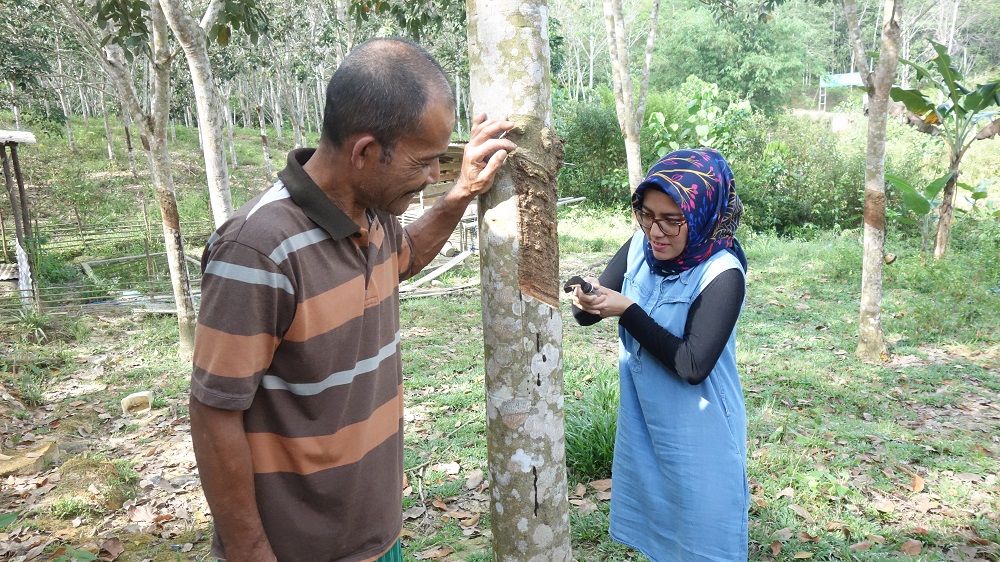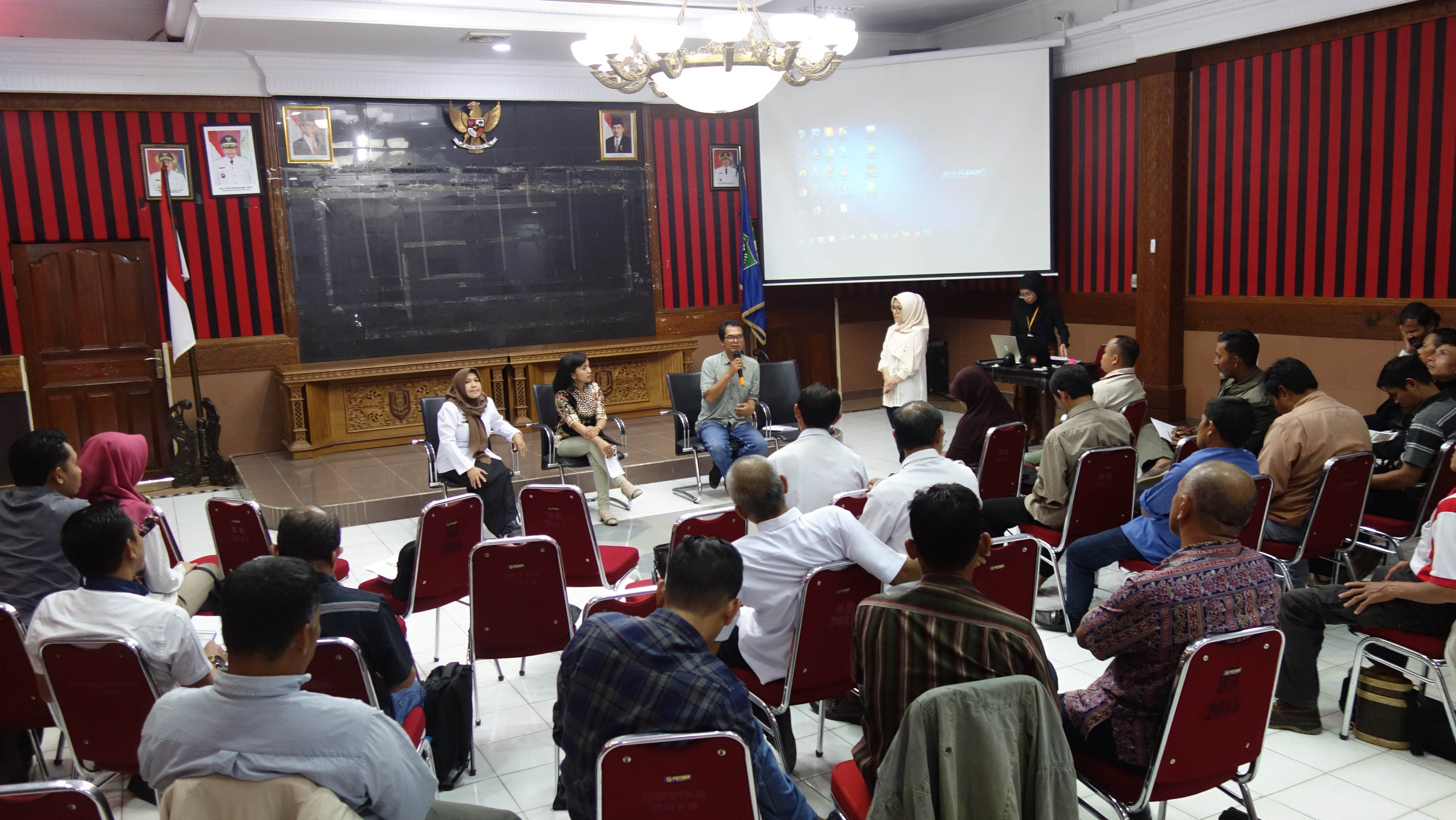
“Every year, there are always competitions looking for the best innovation to improve farmers’ livelihoods, but why as farmers, we don’t really see any impact of these?” said a farmer in Sanggau, West Kalimantan when we presented the findings of Kopernik’s Unmet Needs Papua Kalimantan report in late June, asking the question many of us were silently thinking about.
Great ideas are everywhere and we see many innovations in the agricultural sector, but something is missing - why aren’t farmers like this one benefiting from them?
The issue raised by the farmer in Sanggau was exactly what we aimed to address through the Unmet Needs Papua Kalimantan research project. After conducting our research study to identify the needs of smallholder farmers in West Kalimantan, West Papua and Papua early this year, we held workshops in Sanggau, West Kalimantan and Jayapura, Papua to facilitate a dialogue between related stakeholders in finding practical and sustainable solutions that address the challenges they face. We invited farmers, agricultural facilitators, private sectors, non-government organizations, as well as government officials. Held on July 18 in the Sanggau Regent Office Hall, the event was attended by 36 people, with farmers making up half of the participants.
As the main actor in the agricultural value chain, farmers are usually the ones who receive support from other stakeholders such as governments or non-profit organizations. However, since they don’t have many chances to meet with these other actors, their voices - and their actual needs - are sometimes left unheard. This has led to dozens of cases in which the interventions and support provided did not match the actual needs of farmers. But when farmers can sit down together with policymakers, donors, or the private sector, they can provide valuable insights that are critical to plan, execute, and evaluate the policy, program or product to make it more effective.
Farmers, agricultural facilitators, private sectors, non-government organizations, as well as government officials actively participate at the Unmet Needs workshop in Sanggau, West Kalimantan.
Coming in with identified needs directly from farmers through our Unmet Needs Papua Kalimantan research and subsequent report, Kopernik took the role of mediator to bridge the communication between farmers and related stakeholders. Sometimes, the solution may not be a specific technology or intervention, but also effectively communicating existing policies or available support to the actual issues faced by farmers. Hence, constant communication is important to ensure that the policy or innovation offered is addressing the needs and is effectively applied in the field.
Matching the Needs of Smallholder Farmers
The farmers who attended the workshop in Sanggau were very enthusiastic to participate in the discussion and were very open to the ideas discussed. They highlighted the difficult challenges they face such as plant diseases and pest outbreaks, unpredictable weather, and lack of knowledge about good agricultural practices, similar to what we found in our report. But since these topics were discussed with other stakeholders, workshop participants got to hear different perspectives and were able to come up with tangible next steps together.
Great ideas are everywhere and we see many innovations in the agricultural sector, but something is missing - why aren’t farmers like this one benefiting from them?
For example, in addressing the consequences of unpredictable weather patterns, a rubber farmer said he was interested in partnering with us to experiment with a potential solution to combat latex contamination by heavy rain. To fight pest resistance, we explored a potential partnership to connect farmers and the local agriculture department with environmentally-friendly pesticide manufacturers as an alternative pesticide to ensure lower environmental impact. Representatives from the private sector who attended the workshop also offered assistance to help palm farmers follow the Roundtable on Sustainable Palm Oil (RSPO) certification procedure so that they will have a stronger competitive advantage in the global market.
The Unmet Needs workshops serve as a reminder to us working in the agricultural sector that connecting all related stakeholders, particularly the farmers, is an important step in establishing a more sustainable agricultural value chain. With the participation of many stakeholders, we can work together on tangible ways to face those challenges, opening the possibility for future collaborations to improve the livelihood of smallholder farmers.
Kopernik's Unmet Needs Report 2018 is published! For more insights on the unmet needs of smallholders farmers in Papua, West Papua, and West Kalimantan, read the full report here.Kopernik is proud to partner with the David and Lucile Packard Foundation and the Ford Foundation, which are members of the Climate and Land Use Alliance (CLUA). CLUA is a collaborative initiative aiming to realize the potential of forested and agricultural landscapes to mitigate climate change, benefit people, and protect the environment.



